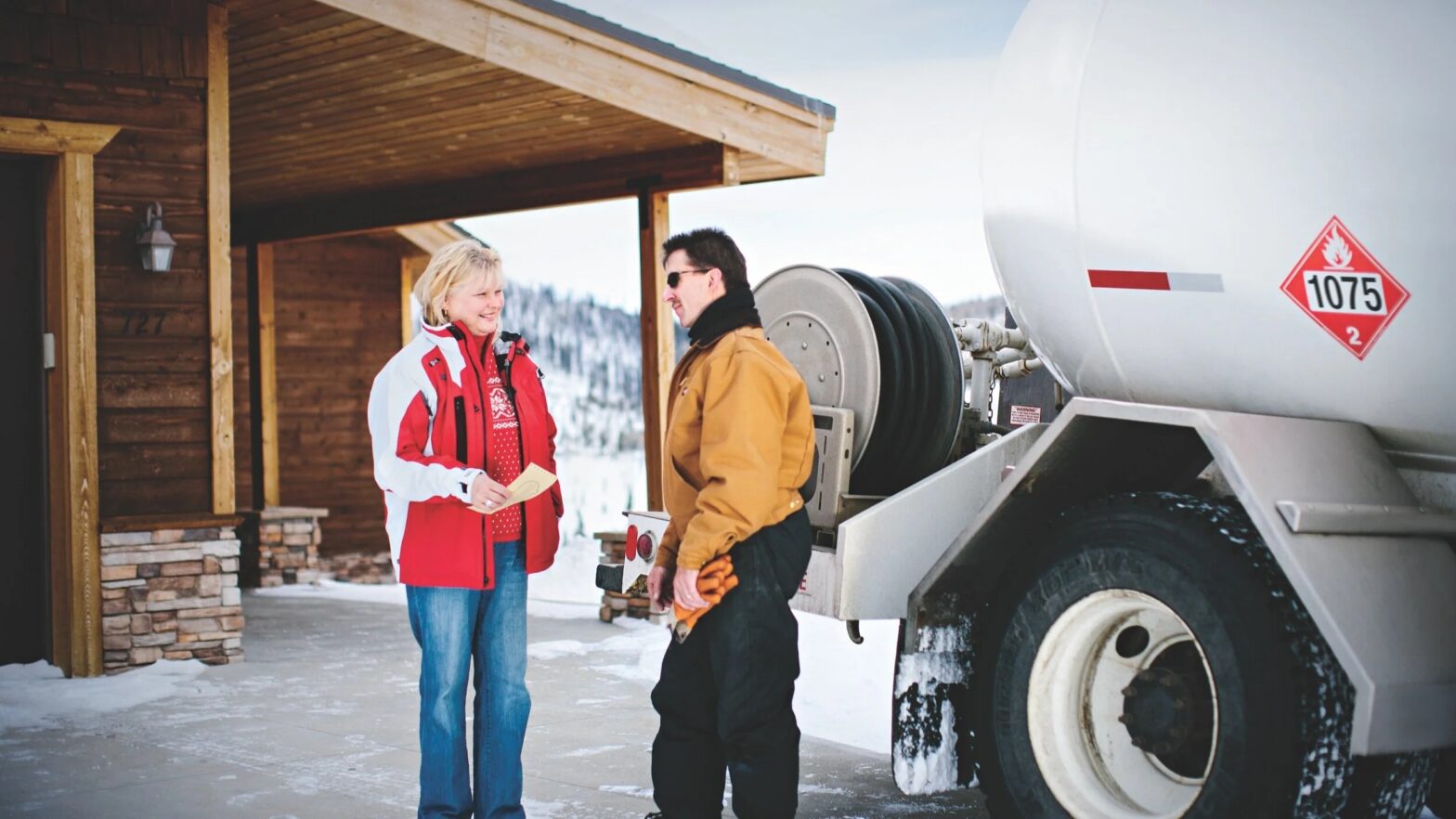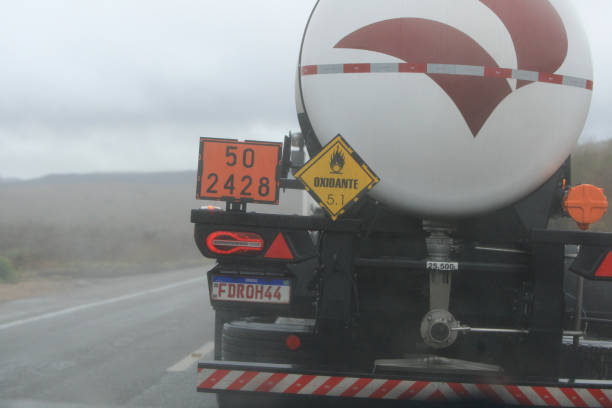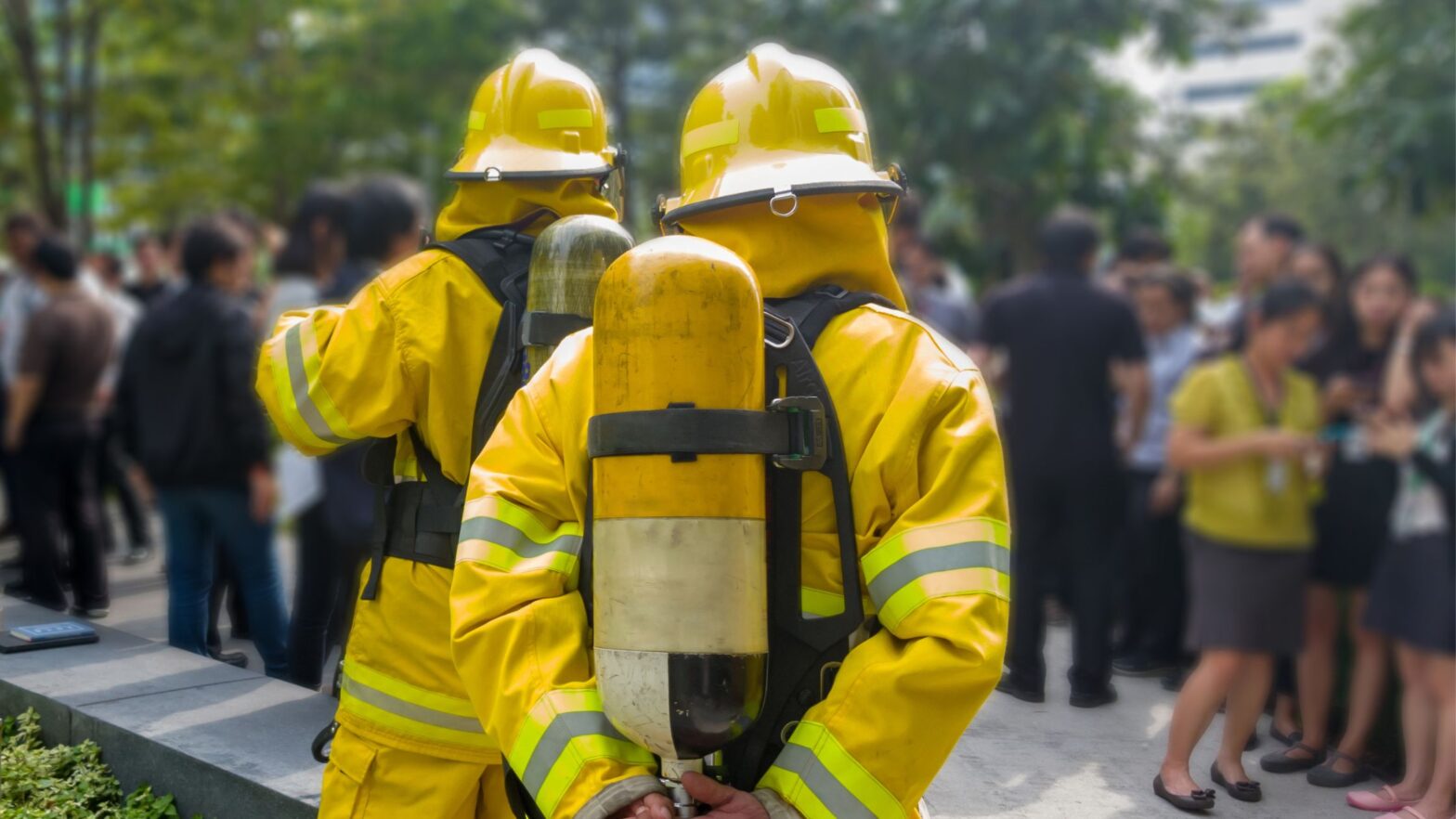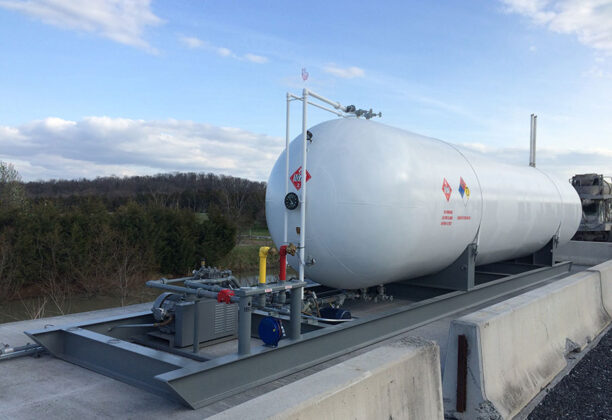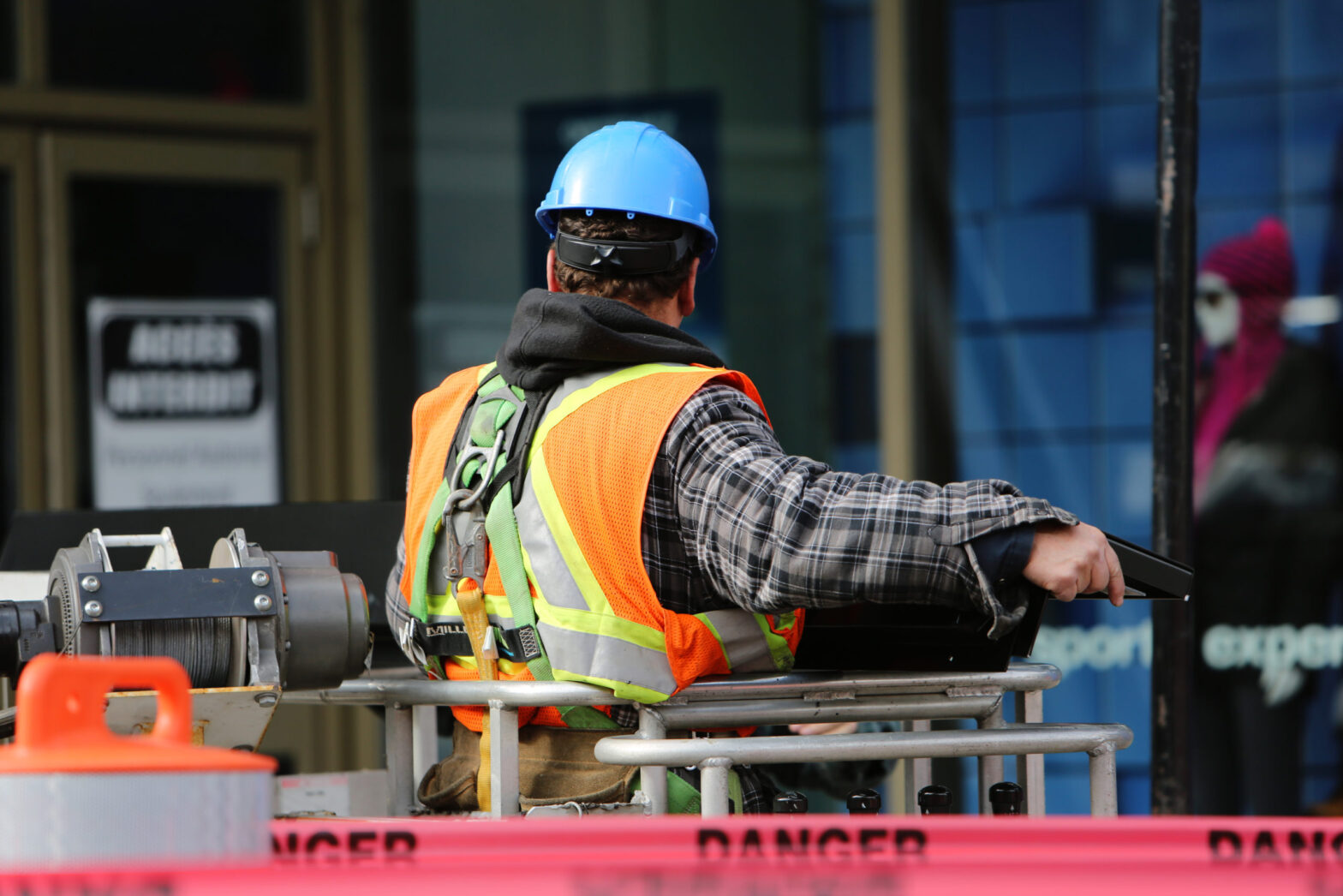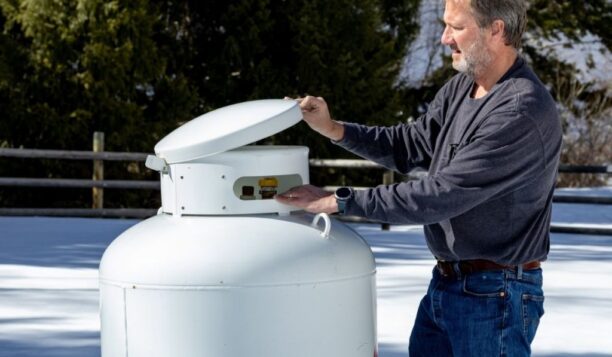The Importance of Safety Audits Before Peak Deliveries
As propane businesses prepare for the busy winter season, safety must remain at the center of every operation. During this time, demand increases sharply, drivers cover longer routes, and equipment runs more frequently. This surge in activity leaves little room for error. Conducting a comprehensive safety audit before peak season hits will do much to… Continue reading The Importance of Safety Audits Before Peak Deliveries

